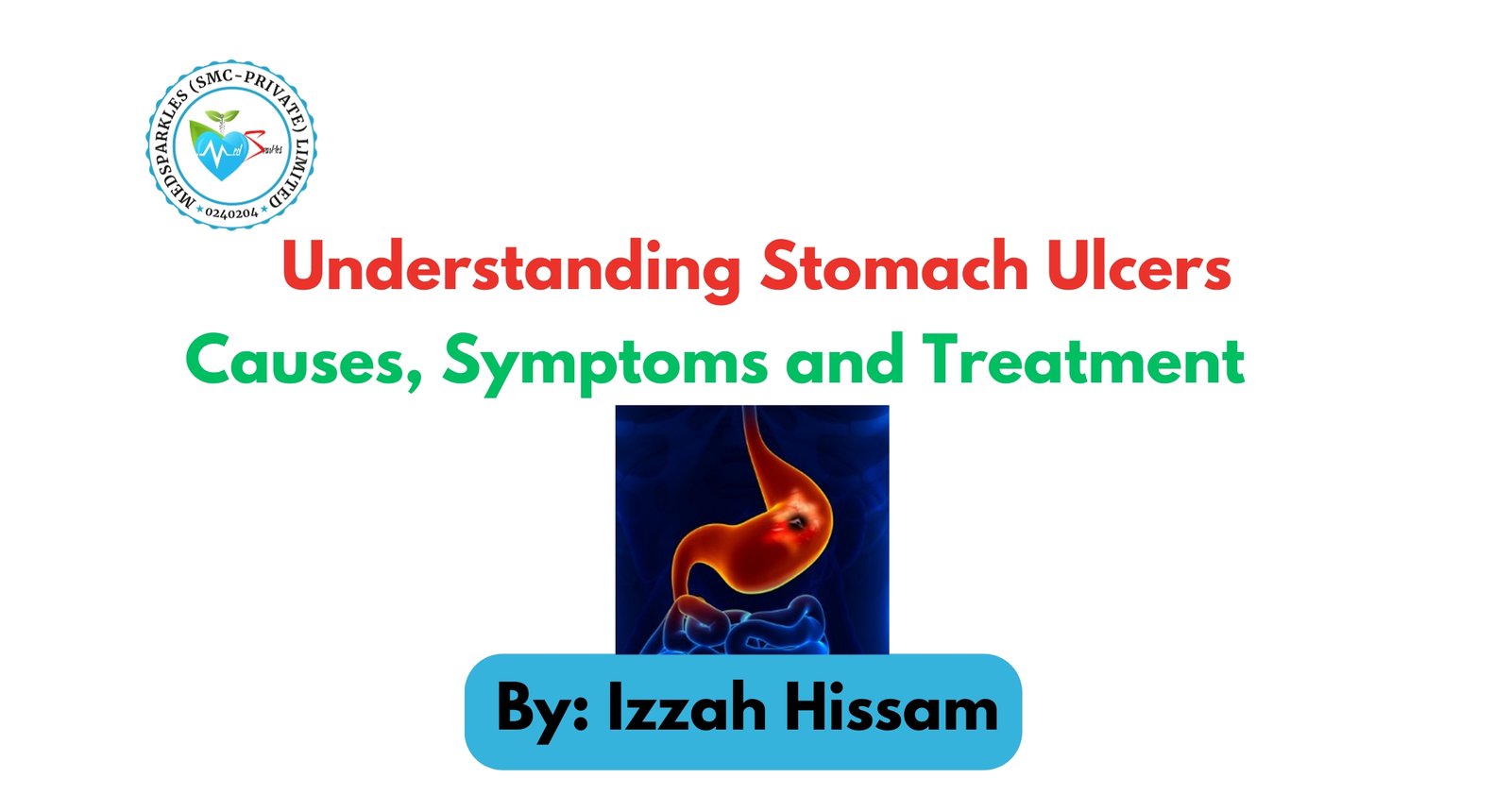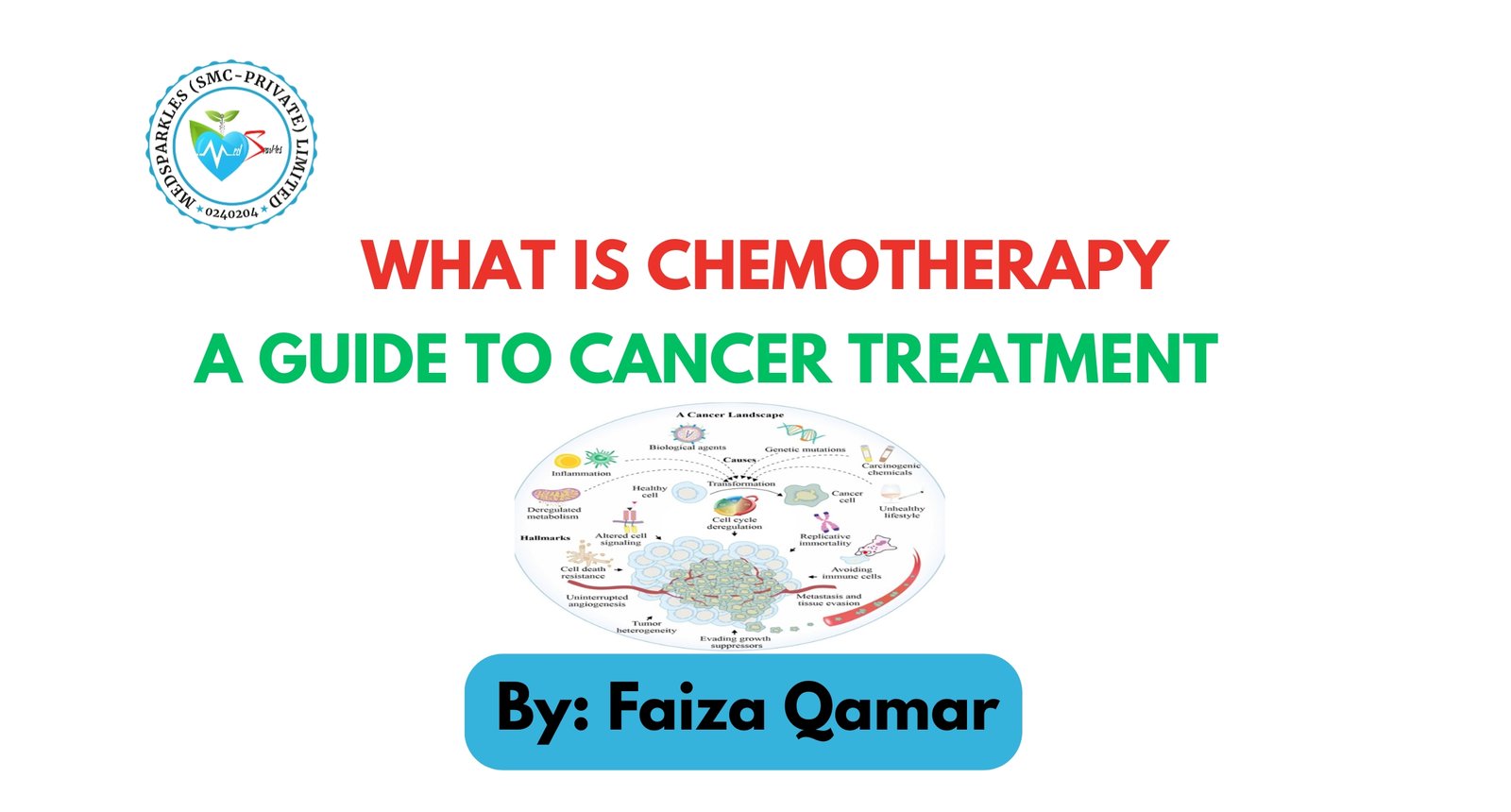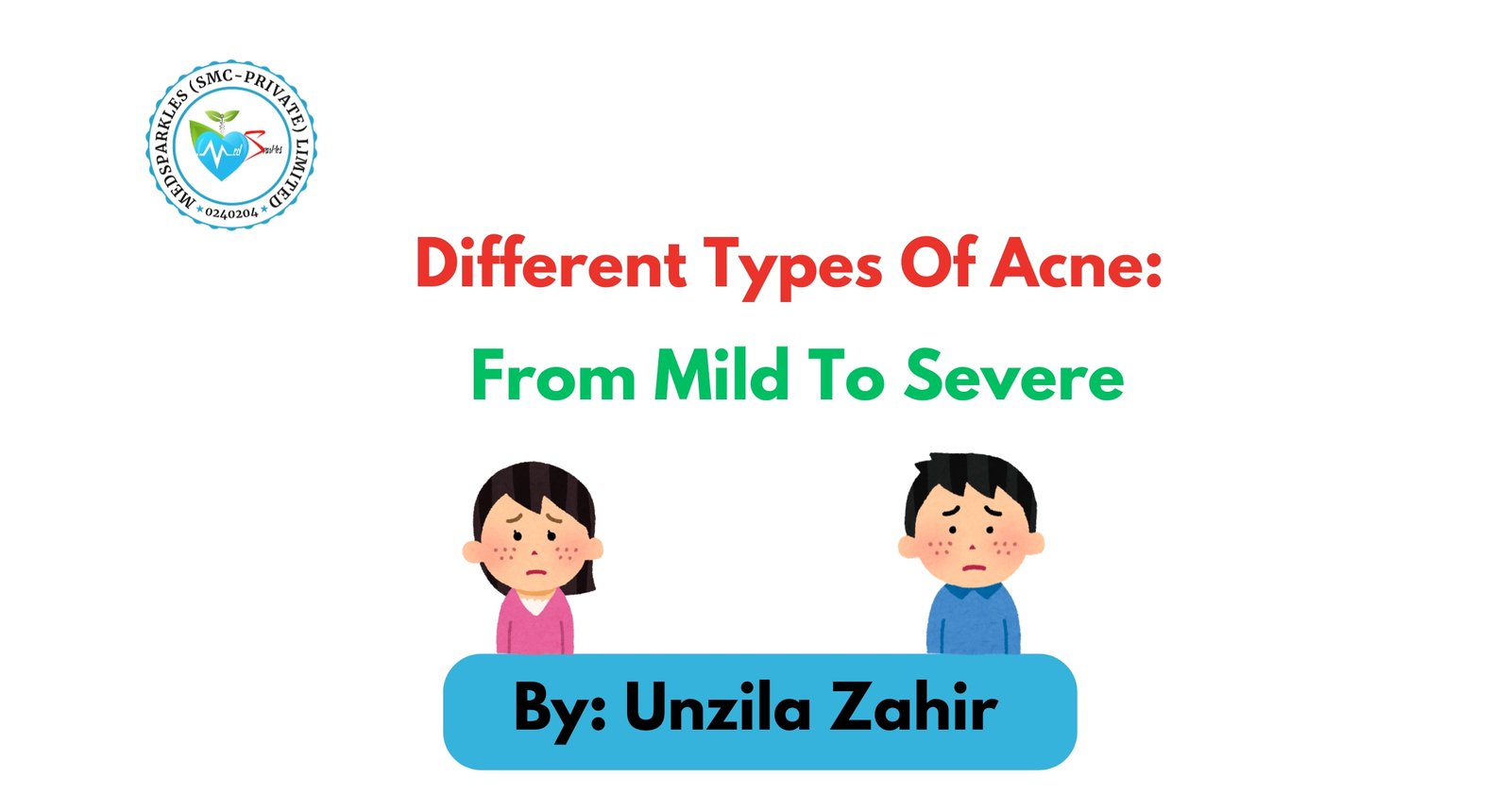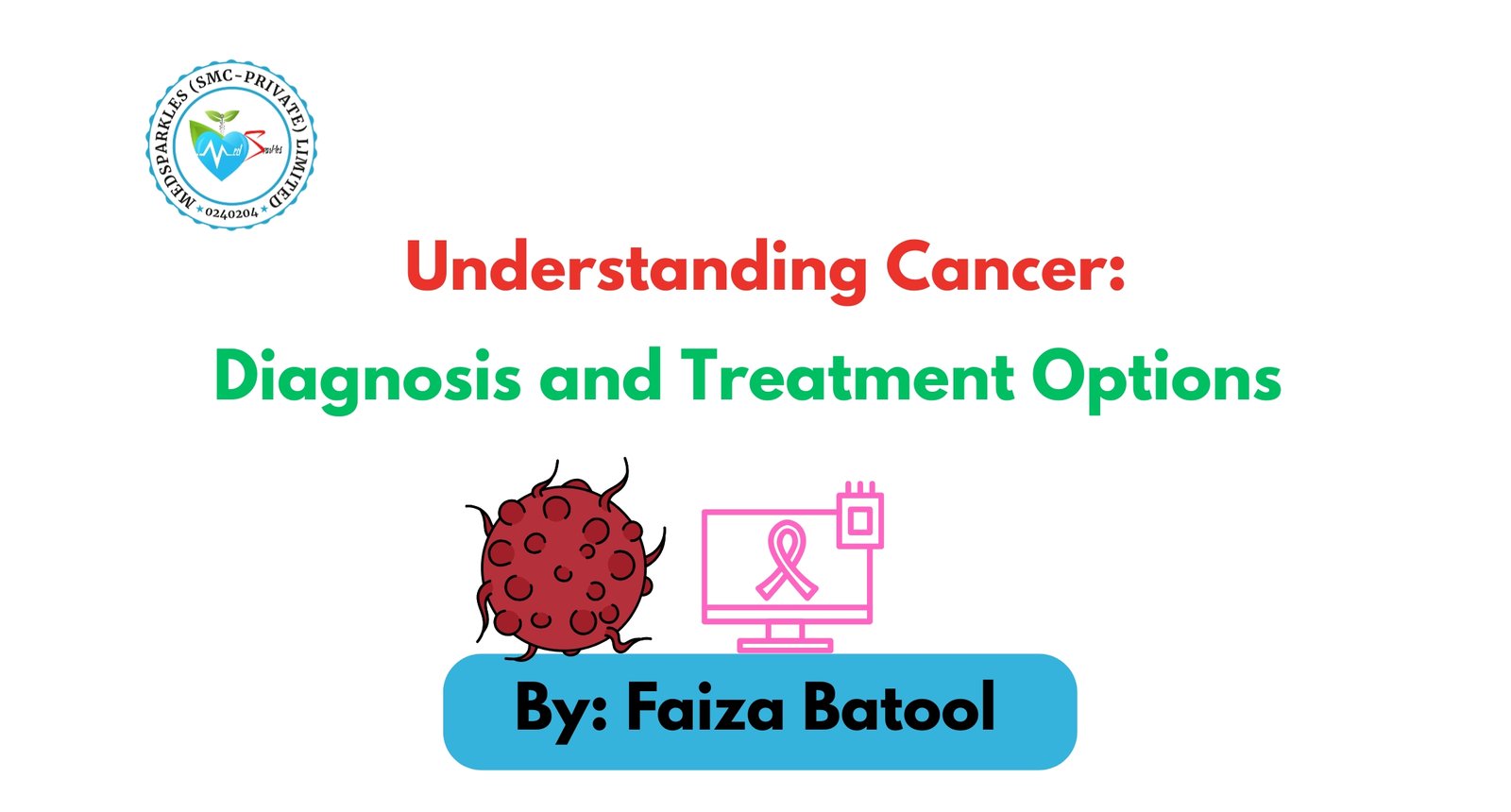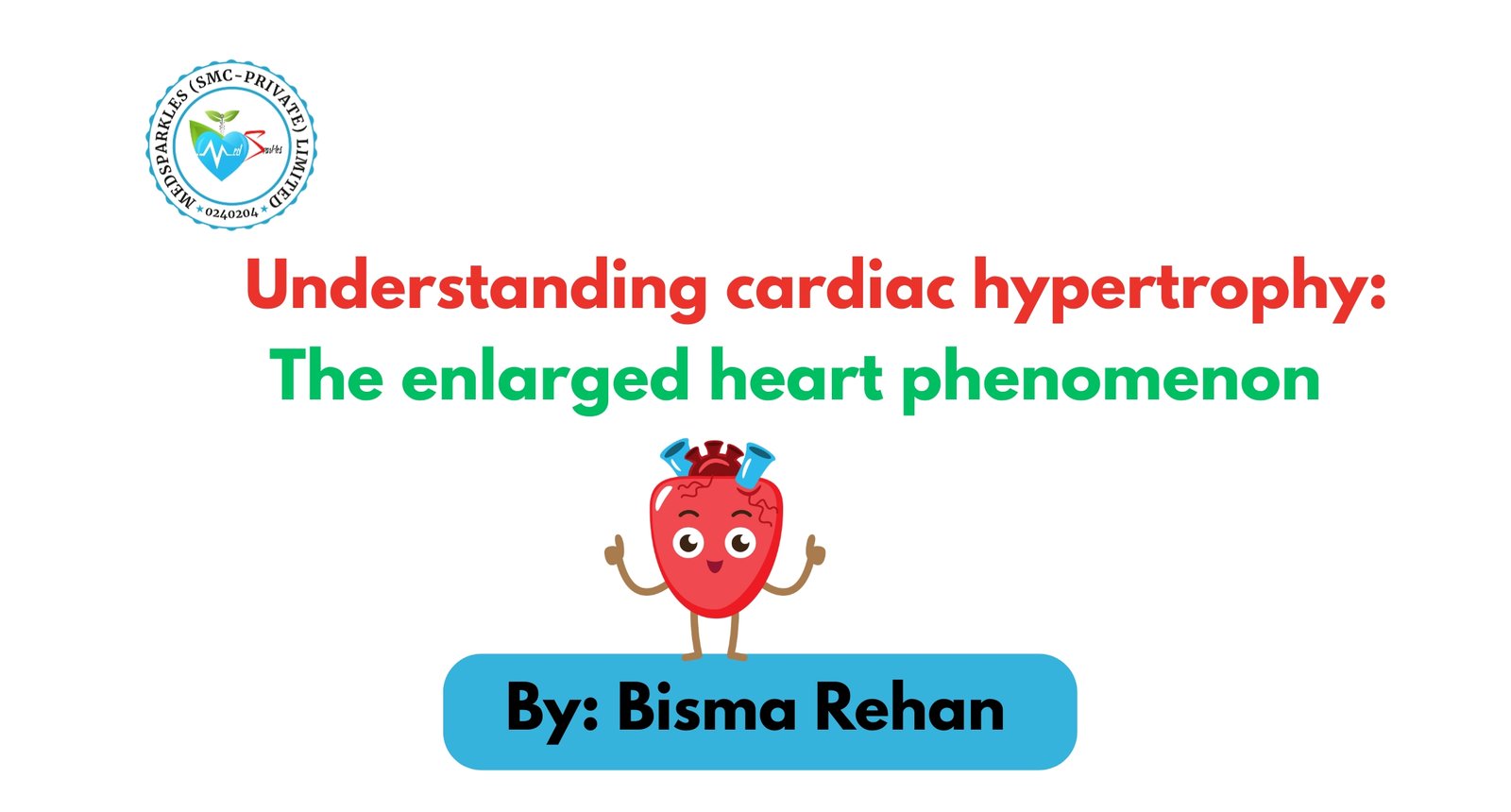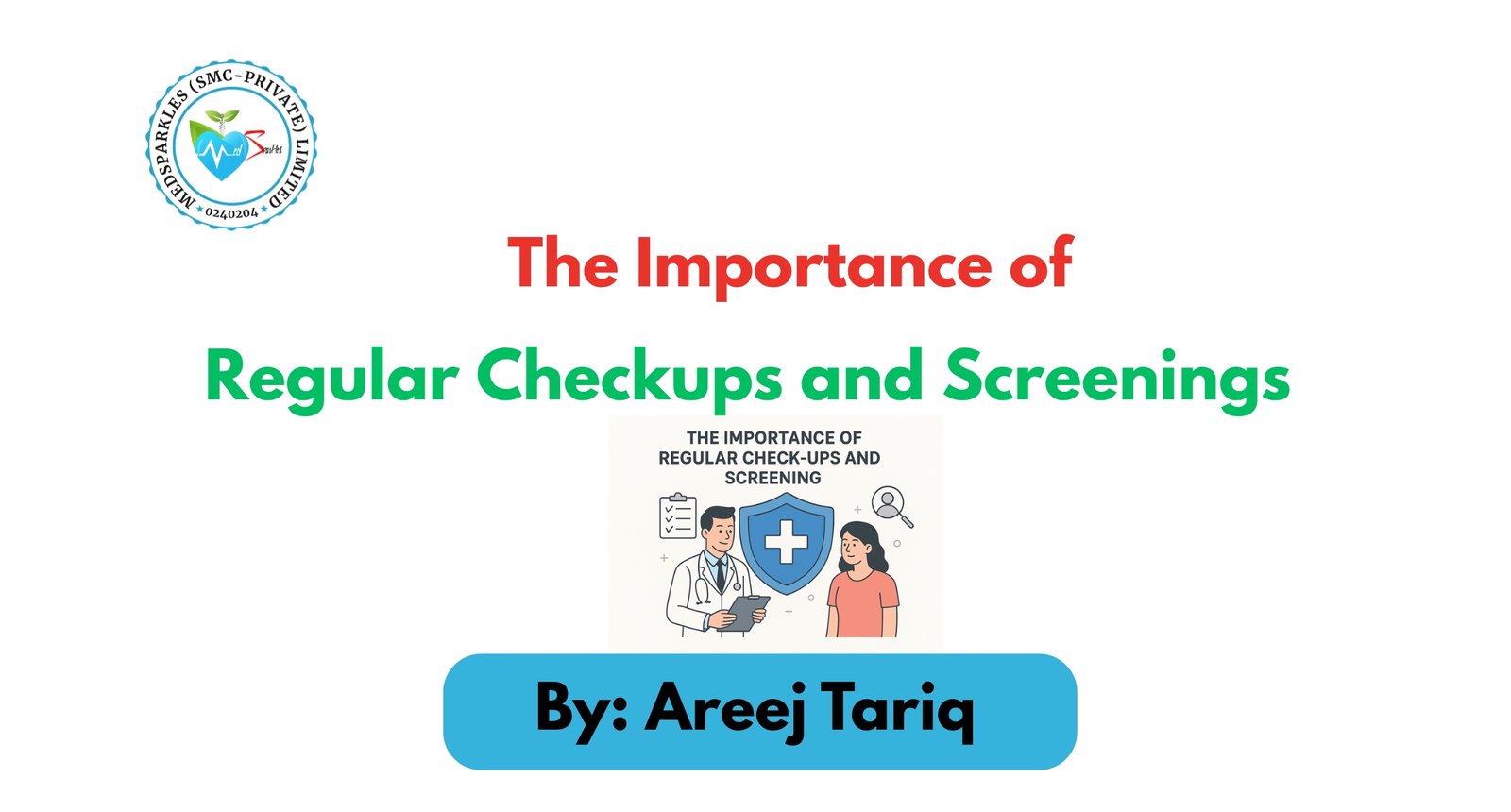Gastric ulcers or stomach ulcers are painful lesions that appear on the stomach wall. They belong to the group of peptic ulcer disease (PUD) that has ulcers on the upper part of the small intestine (duodenal ulcers). Although they are often associated by most individuals with a disease of the past, stomach ulcers are a widespread health issue in the world. Medical studies indicate that millions of individuals contract peptic ulcer disease annually and unresponsive ulcers might cause severe complications.
In this blog, we will explore in a deep manner what stomach ulcers are, the causes that cause ulcers, the symptoms to be worried about and the best treatment methods that are in use today.
Stomach Ulcer
A stomach ulcer is also known as an open sore in the stomach. The stomach is usually lined with a thick mucus that covers the stomach against acidic digestive juices. When, however, this protective lining is flimsy, the acid can corrode the stomach lining, resulting in the development of ulcers.
Ulcers are different in size: some are small and can be healed within a short period, while others can be big and cause tremendous pain. In more severe cases, ulcers may be bleeding or may even tear the stomach wall (perforation), and this is a medical emergency.
Causes
The ulcers of the stomach do not come in one day. Majority of them are usually a combination of factors and, they disturb the equilibrium among the digestive acids and the protective lining of the stomach. The most common reasons are:
1. Helicobacter pylori (H. pylori) Infection.
It is a spiral bacterium and one of the major causes of stomach ulcer. It damages the lining of the stomach that provides the opportunity to the acid to destroy the lining without any difficulties. Studies have shown that H. pylori is harbored by more than a half of the world population but not all individuals are ulcer-like.
2. Regular Intake of analgesics (NSAIDs).
Privy anorexics like ibuprofen, aspirin and naproxen can irritate or inflame the stomach wall when they are on regular basis or given in huge doses. People with chronic pains who take these drugs are likely to be into the danger.
3. Excessive Secretion of Stomach Acid.
The conditions that stimulate stomach acid can include Zollinger-Ellison syndrome or chronic stress. Surplus acid makes the protective mucus barrier drown and leads to the creation of ulcers.
4. Lifestyle Factors
Some habits are not the direct cause of ulcers, although they make the ulcers worse:
ð Smoking increases the period of recovery and causes a high probability of recurrence.
ð The beverage is corrosive to the stomach.
ð The symptoms can be worsened by unhealthy nutrition which is rich in spicy, fatty, or acidic foods.
5. Family History and Genetics
It could be genetically determined that a person could be more prone to ulcers in case there is an ulcer history in the family.
Symptoms
The manifestations of stomach ulcers may be both mild and severe complications that cause death. The most frequent ones are:
ð Eating or Chewing Stomach Ache.
ð Usually pain is experienced between the belly button and breastbone.
ð Pain can be intermittent, and need to be aggravated by an empty stomach.
ð Temporary relief can be realized by eating or drinking something.
ð Bloating and Indigestion
ð Another common complaint of an ulcer patient is a constant feeling of fullness, bloating or heartburn.
ð Nausea and Vomiting
ð In more serious cases, the vomiting can include blood or appear like coffee grounds, therefore, exhibiting blood in the stomach.
ð Unexplained Weight Loss
ð Accidental weight loss may result as a result of loss of appetite and inability to eat due to pain.
ð Changes in Stool
Treatment
The good thing is that the ulcers of the stomach are very curative especially when they are diagnosed early enough. The exact mode of treatment will be determined by the cause of the ulcer, the scope of the symptoms and the occurrence of complications such as bleeding or obstruction. Treatment is normally a combination of medications, lifestyle changes and in extreme cases, surgery is administered.
Medications
Antibiotics against a. H. pylori infection.
Where the ulceration is due to infection of Helicobacter pylori, the ulcer is treated with the combination of antibiotics in these cases.
Widely used regimens are incorporating so-called triple therapy, which comprises:
ð Clarithromycin
ð Amoxicillin (or metronidazole in the presence of penicillin allergy)
ð A proton pump inhibitor (PPI)
Duration: Usually 10-14 days.
In some cases, triple therapy is sometimes abandoned and bismuth subsalicylate incorporated to create the quadruple therapy.
Purpose: To attain the complete eradication of H. pylori because the recurrence is normally characteristic in the case of chronic infection.
ð Proton Pump Inhibitors (PPIs)
PPI is the main mode of treatment of ulcers. They do this by inhibiting the production of the acids and the stomach lining rests.
Usually prescribed: Omeprazole, Pantoprazole, Esomeprazole, Lansoprazole.
Length: 4-8 weeks; it can be on the basis of the severity of the ulcer.
As a result of NSAID or a lot stomach acid, PPI is specifically superior in ulcers.
ð H2-Receptor Blockers
These medications reduce the secretion of acid although not as potent as PPIs.
Over the counter drugs: Famotidine, Nizatidine.
Duration: The usual prescription is of 6-8 weeks.
It is also used in patients who cannot take PPIs in rare cases.
ð Antacids and Alginates
Antacids are working in short term pain relief in neutralization of stomach acid.
On the stomach material, alginates form a protective coating and reduces the reflux of acid.
Magnesium hydroxide, Aluminium hydroxide, Sodium alginate.
They are not curing the ulcers but they help to cope with pain.
ð Cytoprotective Agents
These are drugs that protect the stomach wall against acidity.
Examples:
Sucralfate: Coats the site of location of the ulcer.
Misoprostol: It is regularly prescribed when a patient is prone to the development of ulcers due to the NSAIDs.
Helpful especially in patients that require undergoing NSAID treatment.
Lifestyle Modifications
The insufficiency of drugs cannot be compensated without alterations in lifestyle being mandatory in the treatment and prevention of ulcer recurrence.
The prevention of NSAIDs: In the case of pain relief necessity, alternatives like acetaminophen (paracetamol) are usually safer.
Cease smoking: Smoking increases the volume of stomach acid and retards healing.
Limit alcohol: Alcohol destroys the lining of the stomach and derails healing.
Dietary adjustments:
Eat fewer and more often as opposed to heavy meals.
Restrict spicy, fatty or acidic food in case of symptoms aggravation.
Include food that is rich in fibres as it is linked with the decreased likelihood of an ulcer recurring.
Stress management: Chronic stress is not the cause of ulcers, but it only increases the symptoms and slows down the healing process. It can be useful with approaches such as yoga, meditation, deep breathing, or light exercise.
Surgery (Rare Cases)
Surgery is not a usual phenomenon in our times because of the effectiveness of drugs but it may be required in case of:
The ulcer too is also bleeding massively, and it cannot be surrounded by endoscopy.
The ulcer has been perforated, and a hole has been made in the stomach wall.
This ulcer is causing a blockage of the exit of the stomach, such that food cannot flow through the stomach.
Ulcer does not heal with the standard treatment (refractory ulcer).
Surgical options include:
Surgical closing of a hole or preventing bleeding with the use of endoscopic surgery.
Vagotomy: A nerve aggression promotes acid secretion.
Partial gastrectomy: The excision of the affected stomach.
Pyloroplasty: Dilation of the stomach aperture to open up the stomach.
Conclusion
Stomach ulcers have been a major and severe medical issue despite the development of medical care. Although the majority of the population continues to implicate stress or improper diet as the primary causes of ulcers, infection by H. pylori and the prolonged use of NSAIDs are the major causes of ulcers. Early identification of the symptoms, which include constant pain in the stomach and bloating, nausea, or unexplained weight loss, will simplify the treatment and exclude life-threatening complications such as bleeding and perforation. Luckily, most ulcers are treated successfully through a combination of antibiotics, acid-calming drugs and changes in lifestyle with timely diagnosis. These preventive therapies which include not taking unnecessary NSAIDs, quitting smoking, abstinence from alcohol, and a healthy diet are crucial in long-term recovery. Finally, the cognizance about the causes, symptoms, and treatment of stomach ulcers will enable people to pursue medical attention in time and safeguard the health of their digestive system.
FAQs:
1. What is the most prevalent cause of stomach ulcers?
Helicobacter pylori (H. pylori) infection or persistent use of anti-inflammatory drugs known as nonsteroidal anti-inflammatory drugs (NSAIDs) e.g. ibuprofen and aspirin is responsible in most case of stomach ulcers.
2. Will stress or spicy foods result in stomach ulcers?
Stress and spicy foods have no direct relation to ulcers, however, when one already has an ulcer they can aggravate the symptoms or slow down the healing process.
3. What is the healing time required of a stomach ulcer?
Most ulcers can be cured within 4 to 8 weeks with a combination of antibiotics and acid-reducing drugs, and with the appropriate treatment. The time of healing can be different based on the cause and level.
4. What foods are to be avoided in case of having a stomach ulcer?
It is better to eliminate alcohol, caffeine, spicy foods with a high level of spiciness, fatty foods, and acidic foods such as citrus or tomatoes because of the irritation of the stomach lining and exacerbation of the symptoms.
5. Are stomach ulcers recurring following treatment?
Yes, they may recur unless the underlying cause is treated- e.g. the infection by H. pylori is not successfully killed, or the use of NSAID is not stopped. This is why it is significant to have follow-up care and preventive measures.
References
1. Chey, W. D., & Wong, B. C. (2007). American College of Gastroenterology guideline on the management of Helicobacter pylori infection. American Journal of Gastroenterology, 102(8), 1808–1825.
2. Malfertheiner, P., Megraud, F., Rokkas, T., Gisbert, J. P., Liou, J. M., Schulz, C., & Sugano, K. (2022). Management of Helicobacter pylori infection—the Maastricht VI/Florence consensus report. Gut, 71(9), 1724–1762.
3. Sverdén, E., Agréus, L., & Lagergren, J. (2019). Long-term use of proton pump inhibitors and the risk of gastric cancer: A review of the current evidence. Therapeutic Advances in Gastroenterology, 12, 1–12.
4. Sung, J. J. Y., Kuipers, E. J., & El-Serag, H. B. (2009). Systematic review: The global incidence and prevalence of peptic ulcer disease. Alimentary Pharmacology & Therapeutics, 29(9), 938–946.
5. Lanas, A., & Chan, F. K. L. (2017). Peptic ulcer disease. The Lancet, 390(10094), 613–624.
6. Ford, A. C., & Yuan, Y. (2020). Helicobacter pylori eradication therapy to prevent gastric cancer: Systematic review and meta-analysis. Gut, 69(12), 2113–2121.
7. Cleveland Clinic. (2023). Stomach ulcers (peptic ulcers). Cleveland Clinic.
8. Mayo Clinic. (2022). Peptic ulcer. Mayo Clinic.
